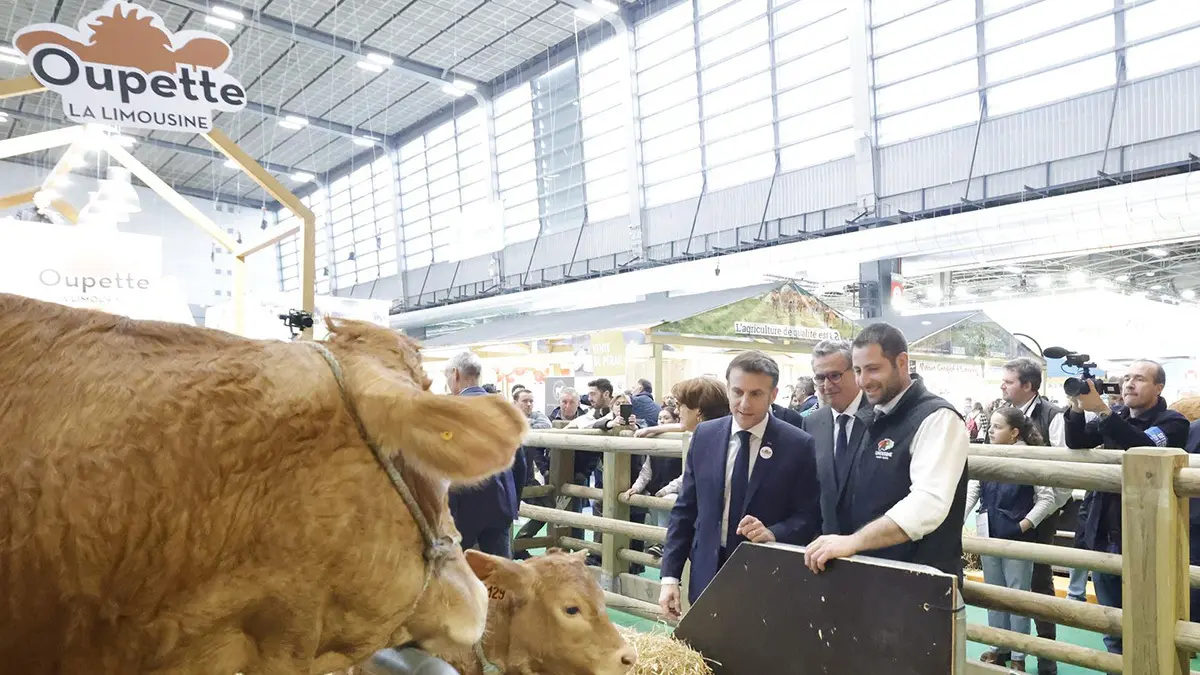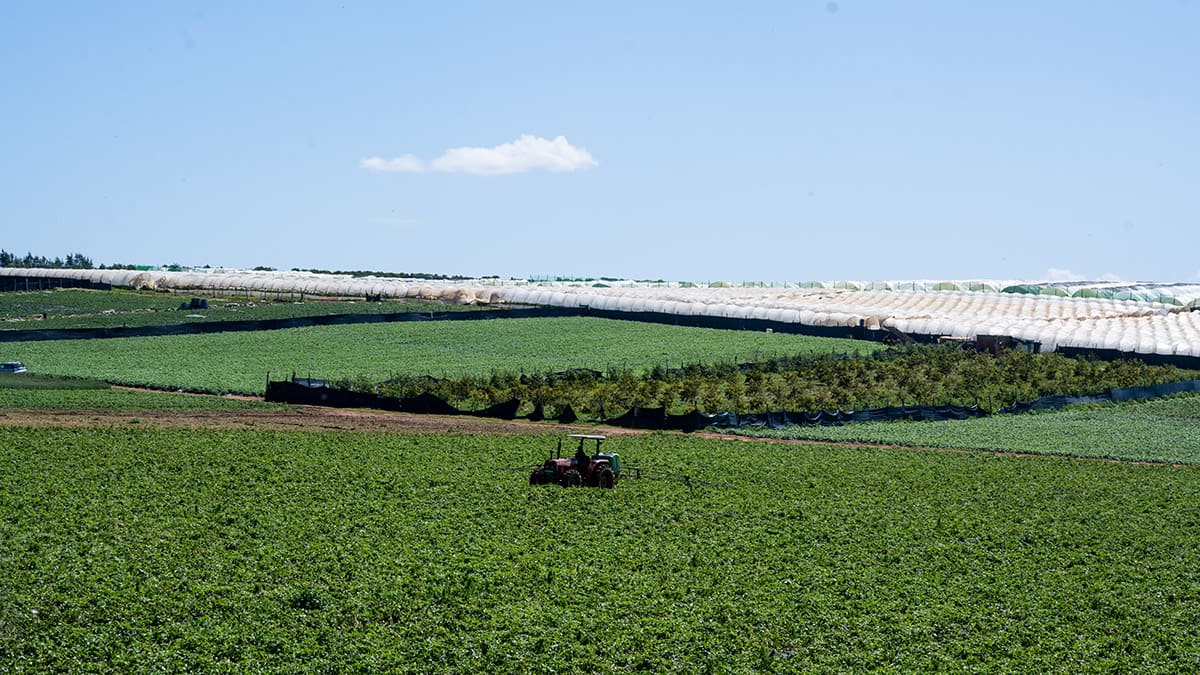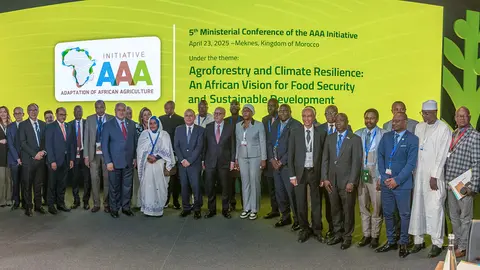Morocco strengthens its food sovereignty with a livestock recovery plan

The King of Morocco, Mohammed VI, has made support for the agricultural sector, and livestock farming in particular, a strategic priority for the Kingdom. Against a backdrop of years of drought and the growing consequences of climate change, the monarch has promoted a series of measures aimed at strengthening food sovereignty and protecting small rural producers.
During a recent meeting of the Council of Ministers held at the Royal Palace, the king gave clear instructions for the restructuring of the national herd, whose population has declined considerably. These guidelines seek to ensure the sustainable recovery of the livestock sector through objective criteria and transparent management of state support, supervised by committees reporting to local authorities.
The monarch has repeatedly demonstrated his interest in the welfare of farmers and livestock breeders, as evidenced last February by the decision to suspend the traditional slaughter of livestock during Eid al-Adha. This measure seeks to halt the drastic decline in livestock numbers and contribute to their recovery.
In this regard, the Minister of Agriculture, Maritime Fisheries, Rural Development, Water and Forests, Ahmed Bouari, informed the Council of the positive effects of recent rains, which have benefited both crops and natural vegetation. The improvement in the availability of fodder represents a respite for breeders, although the situation still requires structural measures for a lasting recovery.
The government is preparing an ambitious integrated programme for the 2025-2026 season, focused on increasing livestock productivity and providing direct support to the sector through ‘solidarity agriculture’ projects, in which the state assumes the total cost of investment in animal production.
Analysts and experts emphasise the strategic nature of these policies. Rachid Lazrak, professor of political science, believes that the monarch's decisions represent an essential step towards strengthening food self-sufficiency by prioritising small producers and ensuring a fair distribution of resources. In his view, this approach, tailored to regional specificities, ensures that aid reaches those who need it most, contributing to social and economic equity in rural areas.

For his part, Rashid Sari, economic analyst and director of the African Centre for Strategic and Digital Studies, highlights the need to incorporate innovative solutions. In statements to the media outlet Al-Arab, he pointed out that low-cost, water-efficient fodder production is key to the sector's sustainability. He also stressed the importance of reducing pressure on natural resources and promoting a network of rural cooperatives to help revitalise the most affected areas.
At the institutional level, Morocco has strengthened its regulatory framework by issuing a joint circular with the Ministry of the Interior prohibiting the slaughter of female sheep and goats for a full year, a measure that has led many farmers to keep their animals to ensure the regeneration of their flocks.
At the same time, the government has maintained subsidies for livestock imports on key dates such as Eid al-Adha and has facilitated access to animal feed at more affordable prices. According to the Ministry of Agriculture, the suspension of customs duties and VAT on these imports has had no significant fiscal impact, as the high tariffs that were applied were more of a deterrent than a source of revenue.

With regard to water, another pillar of Moroccan agricultural policy, the Minister of Equipment and Water, Nizar Baraka, pointed out that the country's water reserves currently stand at 40.3% of their total capacity, which guarantees the supply of drinking water for at least a year and a half.
However, a recent report by the Economic, Social and Environmental Council warned of growing tensions between the agricultural, water and energy sectors. Irrigated agriculture accounts for 87% of the country's total water consumption, posing a major challenge to food security and ecological sustainability.
Against this backdrop, the World Bank has praised initiatives such as the ‘Resilient and Sustainable Water in Agriculture’ project in the Chtouka region, which combines modern irrigation technologies with technical advice and well monitoring systems, with the aim of optimising water use in agricultural production.










